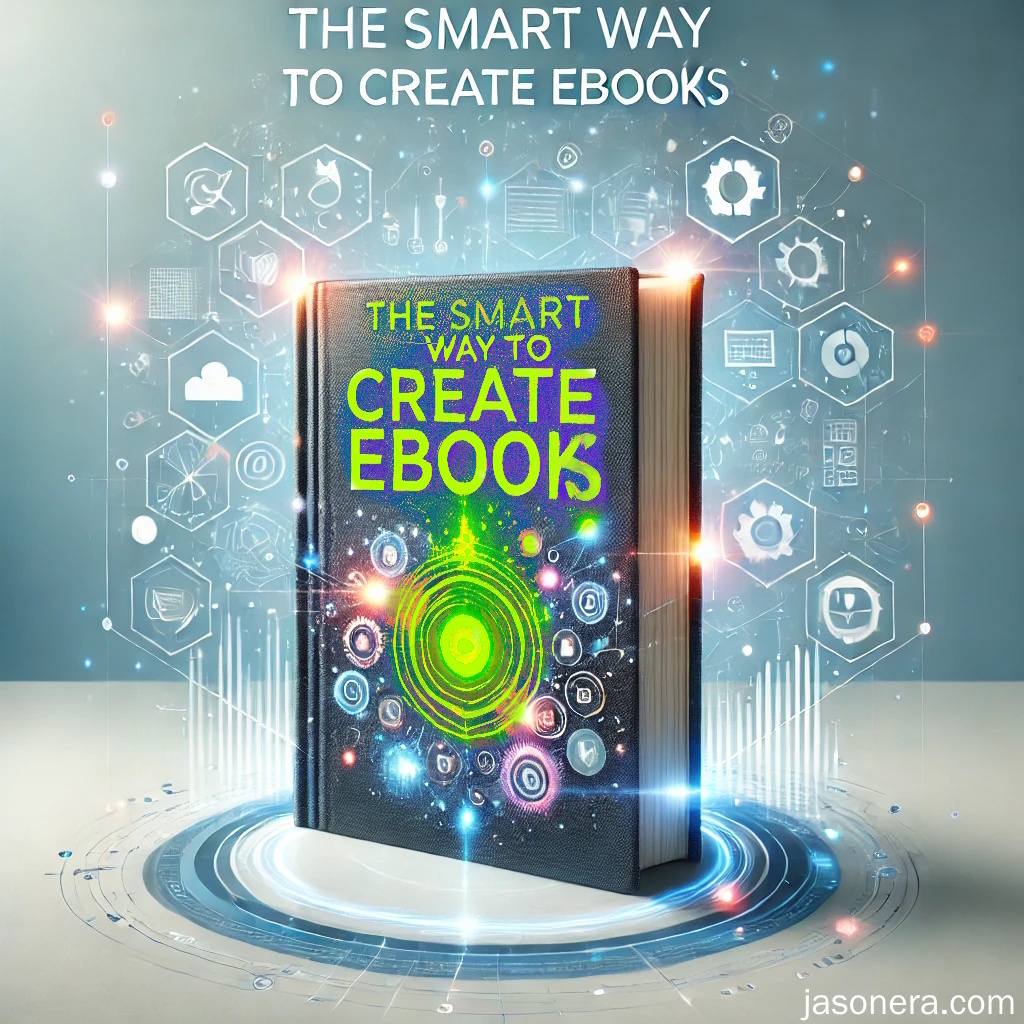2. Building And Selling Digital Products
What Is Tracker Music? And Which Artists Use It?
So what is tracker music always comes after the following: what is a music tracker?
Tracker music is music that is created through a tracker.
Now. That may seem completely obvious but we are very unsure of why there is differentiation from other music making software.
We don't say- Cubase music, Ableton music or FL Studio music do we? So why is tracker music so different?
Well, the main issue is how it reads. Other software runs the screen that you input your music from left to right. Whereas tracker music runs it from top down.
That's the big one.
Another one is that you can input sounds wherever you want and edit and change the notes.
That's all.
Not that big a difference right?
What is Tracker music?
People will say that tracker music is computery sounding. But in the
vast majority of cases the songs have been designed like that. But,
according to Music Radar: "Though often associated with
chiptune and demoscene music, trackers are versatile enough to handle
various genres, from electronic to orchestral compositions. Their
structure allows users to manipulate every element of the track, making
them perfect for experimental music as well."
Here's a brief history.
Trackers were created in the demoscene to show off peoples skills in coding the computer. You had coders, graphic artists and musicians. They gave themselves nicknames and formed groups- called demo groups. They would then create "presentations" and show people what they could do. After a while competitions occurred (and are still ongoing with large prizes from sponsors). This is one from a demo competition (it placed 5th in the Amiga AGA section)
These demoscenes generated competition and pushed the various machines to their limit. How? By creating techniques to manipulate the minimal memory and capabilities of those machines. So, the demo video below is 64k in size. That is all. To put that into perspective a normal MP3 song is 3.2 MB. How did they do it? Everything is created as it is played. The graphics, code and even music (which is through a MIDI tracker). It is very clever.
The demoscene is where the early game companies were developed from and where they picked their talent.
- Chris Huelsbeck- Dr Awesome. Created Turrican tunes and many others.
- Olof Gustafsson- Blazier. Created the Pinball Fantasies/ Illusions and a whole lot more
- Jesper
Kyd Jakobson- Jesper Kyd. Musician for the Silents demogroup.
Eventually created the music for Assassins Creed, Boarderlands and
Warhammer 40,000
- The Silents. Demoscene group. Created the Pinball games, eventually being bought out by EA and created the Battlefield games.
The list is quite endless.
What is tracker music? It is being used all the time...
Tracker music is being used all the time in home based and professional studios. The editing and the versatility of the software allows beginners to be able to sound the same as big studio musicians.
The video below is from Shovel Knight. 300k views and created using trackers from musician Jake Kauffman (Virt)
Venetian Snares uses tracker music (you just see it on the computer screen at the start of the video). 288k views. The music is intricate, fast-paced breakcore compositions. His precise and complex rhythms are a great example of the power of trackers in electronic music.
OK, you might not have heard about those artists...how about these ones?
Richard Devine, uses a tracker for mainly electro. Rose to fame by remixing Aphex Twin's- Come To Daddy:
Hunz started off in...The demoscene and belonged to a whole range of demo groups and is still active as well as creating a whole range of professional albums. He has released many of the tracker backgrounds for some of those pro tracks.
Starting out as a strictly Drum & Bass producer in Detroit, Jeremy Howard aka Sinistarr has has composed releases and remixes on prestigious drum & bass labels such as Metalheadz, Hospital Records, Project 51, Renegade Hardware...the list goes on.
He uses a tracker. Why? According to Sinistarr: "The fact that I was able to write down whatever that was in my head by simply mapping it out, rather than having to worry about renegade midi ticks and strange automation. Renoise is a next-level notation software that has upped my workflow completely."
So what is Tracker music?
These artists show how trackers can easily bridge the gap between niche genres and more commercial success, demonstrating how music trackers can be powerful tools even for those making music on a global scale.
You might find that some artists don't use Trackers exclusively whilst some do. It depends upon play style and what people are used to.
Some musicians use different software packages as tools in their musical arsenal. They incorporate them into their production process for specific tasks like sample manipulation, granular control, and non-linear sequencing, which are harder to achieve with traditional DAWs.
Want to create Tracker music? Check out here for an indepth guide.
About. Updates. Disclaimer. Privacy. Mission/ Vision. FAQ. Newsletter.
Copyright © 2024- Jasonera.com All rights reserved





